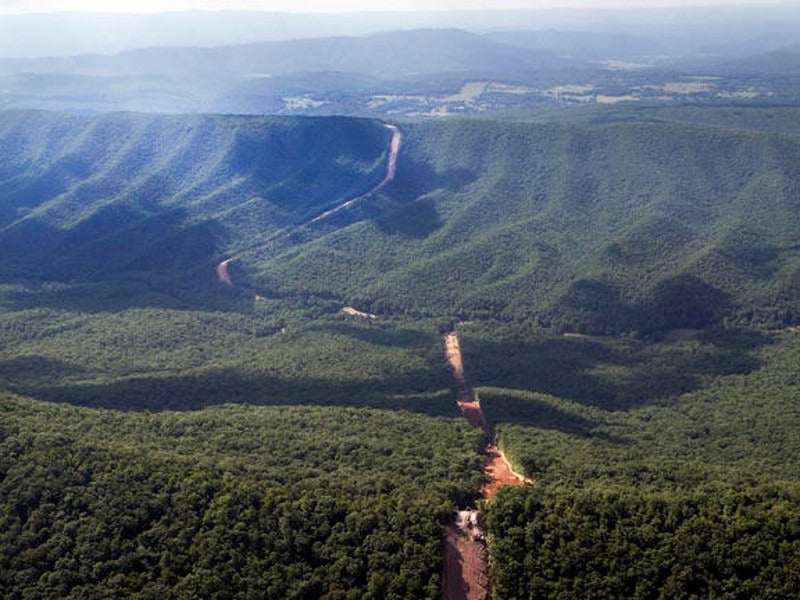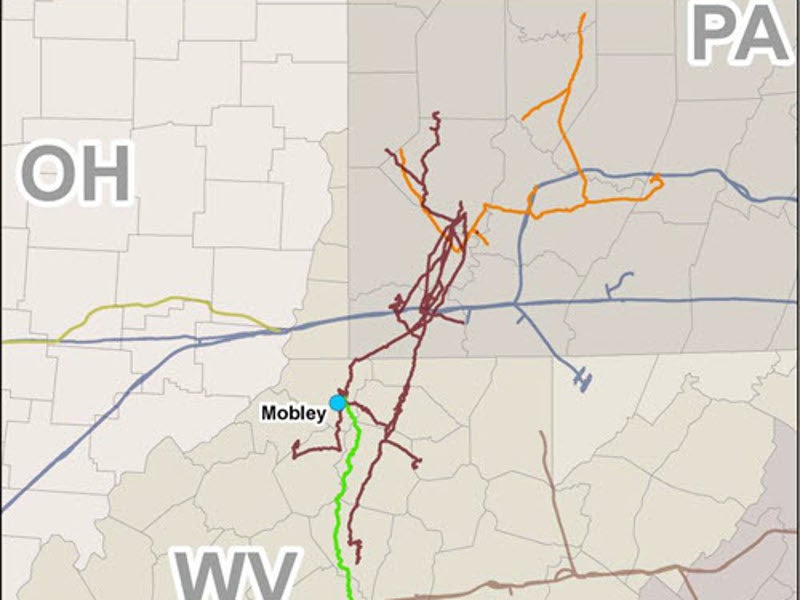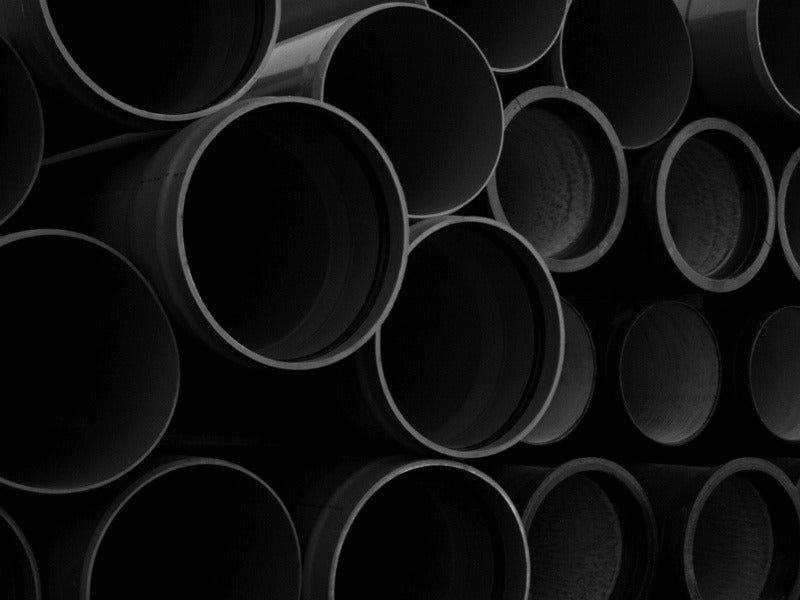Mountain Valley pipeline is a 487.6km-long pipeline being constructed to deliver up to two billion cubic feet (bcf) of natural gas a day from West Virginia to Virginia.
The $4.6bn project is being developed by Mountain Valley Pipeline, a joint venture between EQM Midstream Partners (45.5%), NextEra US Gas Assets (31%), Con Edison Transmission (12.5%), WGL Midstream (10%), and RGC Midstream (1%). EQM Midstream Partners will be the operator of the pipeline.
Construction of the pipeline was started in February 2018, but halted mid-way in the same year due to petitions concerning the environmental impact of the project. The US Federal Energy Regulatory Commission (FERC), however, upheld the construction permit for the pipeline in February 2019.
The pipeline is expected to be brought into service by the end of 2019.
Mountain Valley pipeline development background
The Mountain Valley Pipeline joint-venture was established by EQT (now EQM Midstream Partners) and NextEra US Gas Assets, a wholly-owned subsidiary of NextEra Energy, in September 2014. The other development partners acquired their respective stakes in the project between 2015 and 2018.
The pipeline project received the final environmental impact statement (EIS) from the FERC in June 2017, while a certificate of public convenience and necessity for the project was issued in October 2017.
In August 2018, the FERC issued a stop work order for the pipeline project based on the appeals from the U.S Forest Service and Bureau of Land Management, regarding the construction of a pipeline section in the Jefferson National Park.
The FERC issued clearance for re-starting the construction work along with an updated pipeline route, in the same month.
Mountain Valley pipeline project details
The Mountain Valley pipeline will be a 42in-diameter pipeline being built to supply natural gas from the Marcellus and Utica shale basins to the central and south Atlantic gas markets in the US.
Mountain Valley will extend the Equitrans transmission system in Wetzel County, West Virginia, to Transco’s Zone 5 compressor in Pittsylvania County, Virginia, connecting with Transco’s Columbia Gas Transmission pipeline.
The project includes the construction of three new compressor stations (CS), namely the Bradshaw CS, Harris CS, and the Stallworth CS in the Wetzel, Braxton, and Fayette counties respectively in West Virginia. The three compressor stations will have a combined capacity of 171,600hp.
Other supporting infrastructure for the project includes four new meter and regulation stations and an interconnection, three gas taps, five new pig launchers and receivers, and 36 new mainline block valves and 31 cathodic protection beds.
Mountain Valley pipeline route details
The Mountain Valley pipeline will originate from the existing H-302 natural gas pipeline, operated by Equitrans, at the Mobley Interconnect in Wetzel County, West Virginia.
Covering a total distance of approximately 200km in West Virginia, the pipeline will pass through the counties of Harrison, Lewis, Braxton, Greenbrier, Fayette, and Monroe.
It will then pass through the Giles, Montgomery, Roanoke, and Franklin counties to terminate at Transco’s existing Station 165 in the Pittsylvania County, Virginia.
The Mountain Valley Pipeline joint venture also plans to construct the Mountain Valley Southgate pipeline, which will be connected with the Mountain Valley pipeline in the Pittsylvania County. It will facilitate further gas supply to Rockingham and Alamance counties in North Carolina.
Gas off-take
The shippers of the project include WGL Midstream (200,000Dth/d), Roanoke Gas Company (10,000Dth/d), USG Properties Marcellus Holdings (250,000Dth/d), and Consolidated Edison Company of New York (250,000Dth/d).
The remaining 129 million dekatherm a day (Dth/d) of natural gas supply will be retained by the operator, EQM Midstream Partners.





